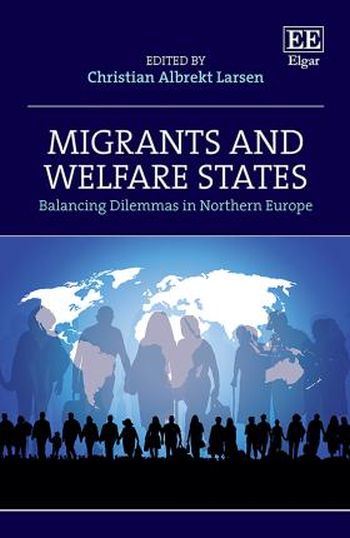
This timely book explores how Northern European countries have sought to balance their welfare states with increased levels of migration from low-income countries outside the EU. Using case studies of the Netherlands, Germany, Denmark, and Sweden, leading scholars analyse the varying approaches to this so-called ‘progressive dilemma’.
Providing an in-depth analysis of the relationship between public policies and the flow of migrants into these Northern European states, the book considers which destination-country policies most attract asylum seekers and other migrants. Chapters explore how the four states have responded to increased levels of immigration, examining their handling of issues related to integrating admitted applicants into the labour market, educating the children of immigrants, and naturalisation. Concluding with an investigation into contemporary public consensus regarding migrant selection, based on original survey experiments, the book sheds light on an issue that has become both politically and academically salient in Europe since the late 20th century.
Interdisciplinary in scope, this expansive book contributes to the emerging field of research in the intersection between European migration studies and welfare studies. Its examination of the states’ varying responses to increased migration will be of significant interest to researchers, policymakers, and public intellectuals in Northern Europe and beyond.